
Running an e-commerce business with so many daily tasks is very challenging. Automation helps simplify these tasks, like managing orders, sending emails, and handling customer messages, so you have more time to grow your business. Shopify ecommerce automation is a valuable tool for online vendors. It is also helpful for them to manage daily tasks.
This automation guide for Shopify stores will help you understand how ecommerce automation can benefit your business and provide a detailed checklist.
What is Shopify Ecommerce Automation?
Shopify ecommerce automation is the process of automating your store's business operations, from managing orders to marketing and automating repetitive tasks to save time and help you focus on growth as a Shopify merchant.
Shopify automation simplifies operations, helps entrepreneurs combine tasks, reduces costs, and makes business management more efficient.
Shopify Ecommerce Automation Checklist - Make your Store Fully Automated
Follow this step-by-step Shopify ecommerce automation checklist to set up automation easily.
Order Fulfillment & Inventory Automation
Tracking low stock levels is key to avoiding overselling items. Automated Shopify inventory management allows you to set a minimum inventory threshold, and you will receive alerts when levels drop below it.
Managing orders and inventory can be time-consuming. Use tools like Order Automator and Auto Fulfill to automate these tasks, making them more easy and improving customer service.
Order Management
For growing Shopify stores or those with high order volumes, automated fulfillment solutions can streamline your process. Tools like ShipStation and Netsuite handle order alerts, tracking, and dispatch with minimal human input, reducing costs and improving efficiency.
For international orders, Shopify order management tools support payment methods and global processes.
Protect your Customer's Data
As an ecommerce business, you deal with sensitive data like customer personal details, passwords, and credit card information. Your business also has important information, like plans and budgets, that must be kept safe from unauthorized access.
Without strong data security, your business risks exposing sensitive information to fraud and cyberattacks. Retailers invest heavily in fraud protection, and DTC brands must do the same to stay secure.
Customer Support Automation
Building positive customer interactions doesn’t always require in-person or live support.
Automating customer service can speed up response times and keep customers happy. Tools like live chat and AI chatbots provide quick answers to common questions, easing the workload for your support team and making sure to help customers.
Custom Workflow Automation
It allows your business processes to fit your specific needs. Instead of managing repetitive tasks manually, you can automate them with tools like Shopify Flow and Zapier.
For example, Shopify Flow can automatically update inventory levels, send order confirmations, and manage customer data. Zapier can connect your Shopify store with other apps, like creating tasks in your project management tool whenever a new order comes in.
Read more about Shopify Flow Guide: How to Create Custom Automated Workflows.
Marketing Automation
You can use email marketing, WhatsApp Automation and abandonment cart recovery tools to keep customers interested. Also, it designs campaigns with personalized messages and product recommendations based on customer interest. You can use marketing tools to set up automatic reminders for customers who left items in their carts.
Top brands use marketing automation to find leads, qualify them, and keep customers. You can do the same with automated email and SMS marketing.
Automate Discounts and Promotions
Managing discounts and promotions manually can be time-consuming, mainly during busy schedules. Shopify automation clears this by allowing you to set automatic discount rules, such as “buy one, get one free” or free shipping for orders over a set amount.
You can also schedule hit sales to launch at specific times or during special events. According to this, the promotion runs easily without manual efforts to make sure theories are always accurate and timely.
Benefits of Automating Your eCommerce Business
Creating a fully automated Shopify store offers numerous benefits.
Increased Productivity
Shopify automation tools simplify tasks like orders, marketing and inventory management, saving time and effort. With these solutions, you can focus on growing your business while minimizing manual tasks and improving overall productivity.
Reduced Errors
Automation reduces human errors in data entry, inventory management, and financial calculations. Automating order confirmations, shipping updates, and invoice generation creates a seamless and transparent buying process, minimizing customer frustrations and mistakes.
Scalability and Growth
Automation helps your store grow smoothly without needing extra staff. As your business expands, automated systems adjust to handle the increased workload, allowing you to concentrate on strategy and growth. This approach saves time and resources while ensuring customer satisfaction.
Better Customer Experience
Shopify ecommerce automation to improve productivity and shopping experience by personalizing customer interactions. You can use automated tools to send timely messages, like product suggestions based on past purchases, or provide quick help with chatbots.
Best Shopify Apps to Automate Your Online Store
Shopify Flow
Shopify Flow is an ecommerce automation platform designed to run tasks and processes within your store and across integrated apps. It operates by setting up triggers that, once activated, evaluate specific conditions and, if met, execute predefined actions automatically.
Pricing: Free
Key Features:
- Use hundreds of templates for common tasks.
- Add conditional logic and multiple actions as needed.
- Connect with tags, metafields, fulfillment, B2B, Slack, and Google Sheets.
Klaviyo
Abandoned carts are a major challenge for ecommerce, with an average rate of 68%. This means 68 out of 100 visitors leave without completing a purchase, wasting time, effort, and marketing costs. Fortunately, automation tools like Klaviyo can help recover those abandoned carts and convert them into sales.
Pricing: Free / $45 / $60
Key Features:
- Target customers based on behaviour, preferences, and purchase history.
- Set up automated email and SMS flows for abandoned carts, welcome series, and more.
- Create personalized messages and product recommendations based on customer data.
Mailchimp
Mailchimp is a well-known leader in email marketing automation for Shopify, trusted by top brands like TED and Vimeo. It simplifies customer segmentation and allows you to customize marketing emails to boost sales all through automation.
Even if you are new to email marketing, Mailchimp helps you get results effortlessly. Plus, it optimizes emails for mobile screens, ensuring your campaigns look great in today’s mobile-first world.
Pricing: Free / $4.59 / $6.85 / $137
Key Features:
- Use customizable templates and a drag-and-drop editor for professional email design.
- Connects with eCommerce platforms, CRM systems, and other tools for streamlined marketing, guided by expertise as a dynamic CRM consultant.
- Set up automated email campaigns for welcome series, abandoned carts, and more.
HubSpot
HubSpot is a top choice for CRM and marketing and is popular with startups and mid-sized businesses. It offers built-in templates, reporting dashboards, and helpful resources to boost ecommerce automation. From lead generation to email marketing, HubSpot streamlines sales and marketing in one platform.
Pricing: Read More for Structure
Key Features:
- Simple to use for businesses of all sizes.
- Access to detailed and customizable reporting templates.
- Easily manage email lists and leads with integrated CRM tools.
Wrapping Up
This blog post has given you the information to automate your Shopify store and improve your growth. So, start shopify ecommerce automation for your business today to make things run smoother, save time & money and the above tips for creating a fully automated shopify store to improve your customer experience.
FAQs
1. What tasks can I automate for my Shopify eCommerce store?
Examples include order fulfillment, inventory updates, customer email, marketing, abandoned cart recovery, and customer support.
2. What are some popular automation tools for Shopify?
Shopify includes Order Automator, Auto Fulfill, email marketing platforms, chatbots, and inventory management systems.
3. How to send automated emails on Shopify?
You can set up email notifications for orders, shipment updates, and customer interactions to send automatic emails.
4. How do I set up automation for my Shopify Store?
To set up automation, identify repetitive tasks first and then select and integrate the right tools into your Shopify store. You can use tools or communicate with experts.


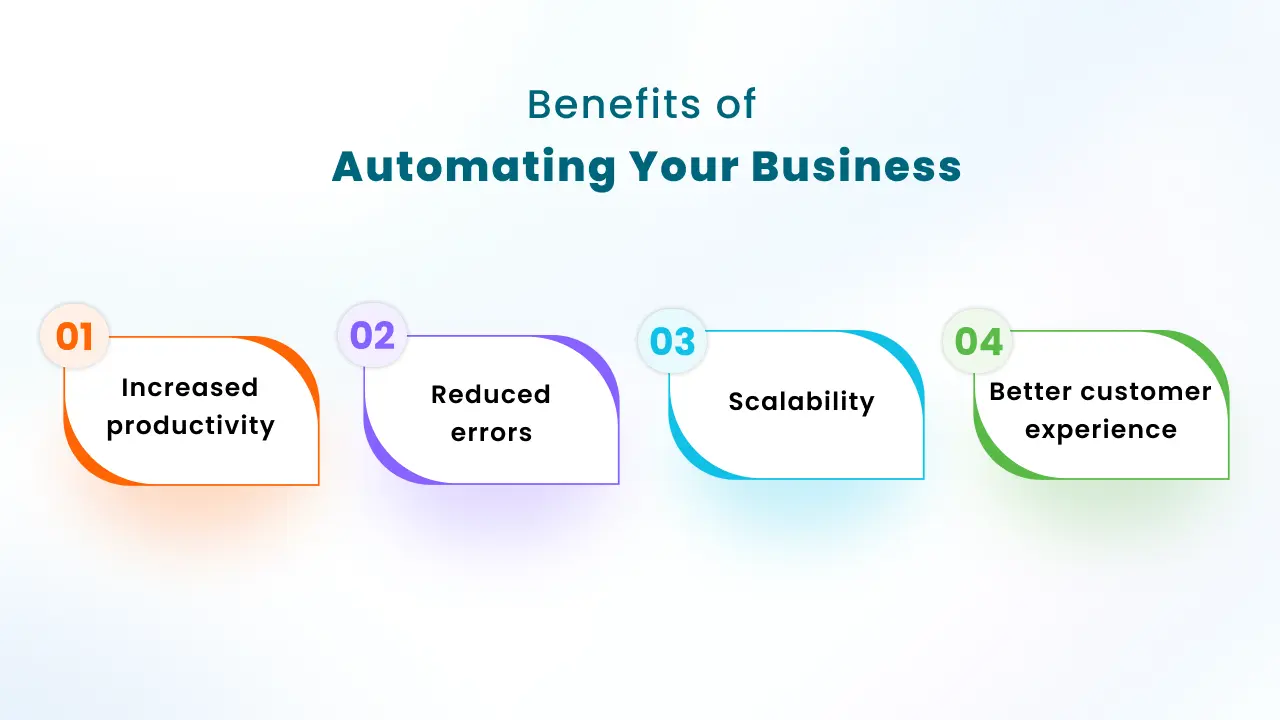
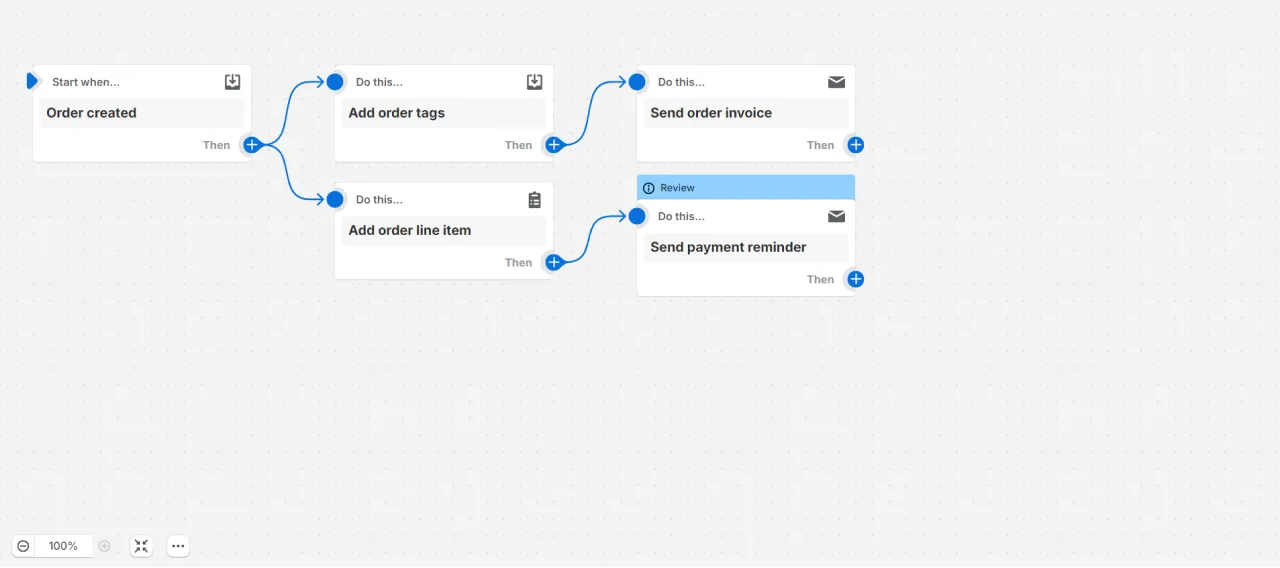
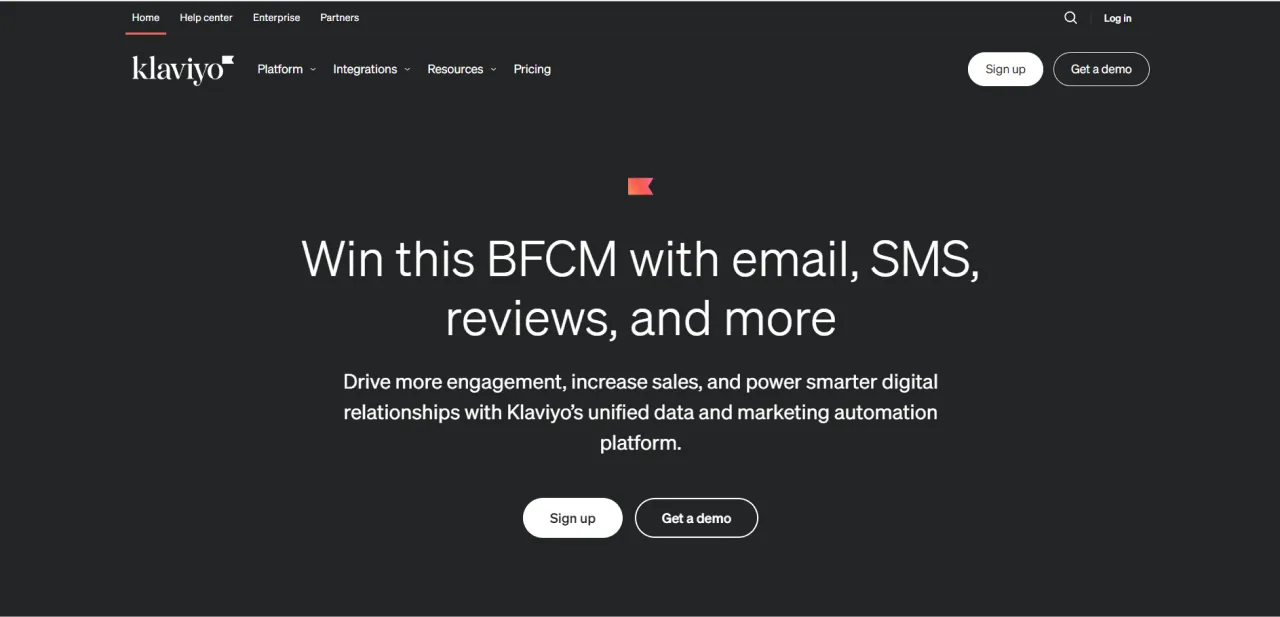
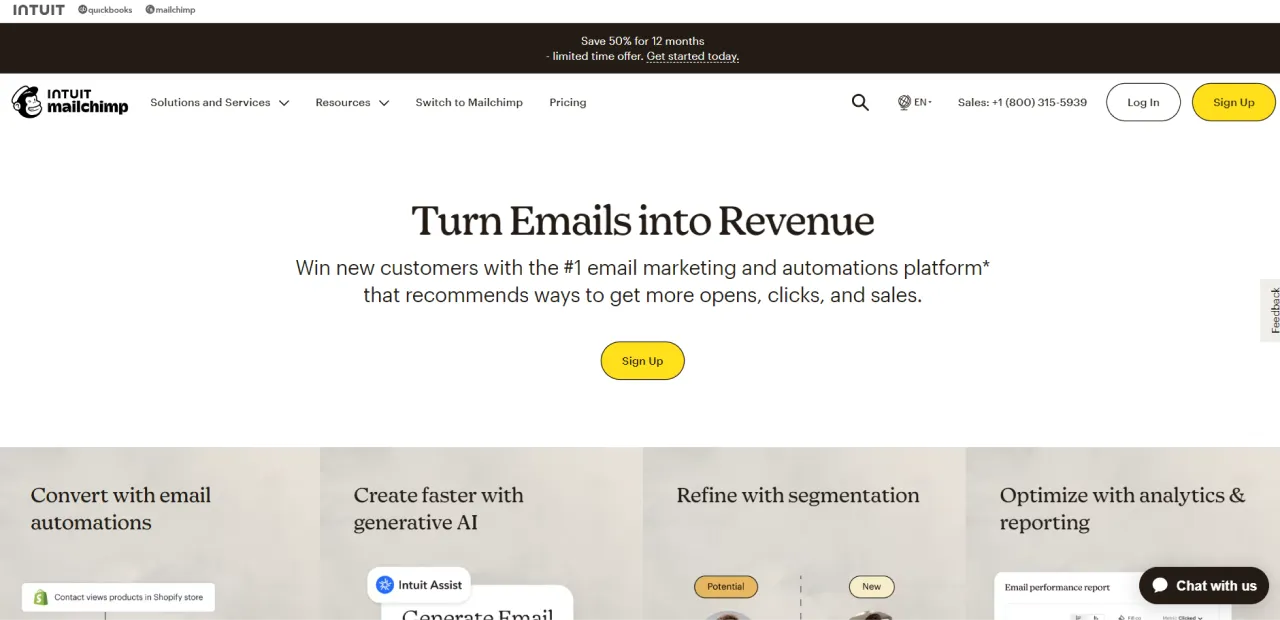
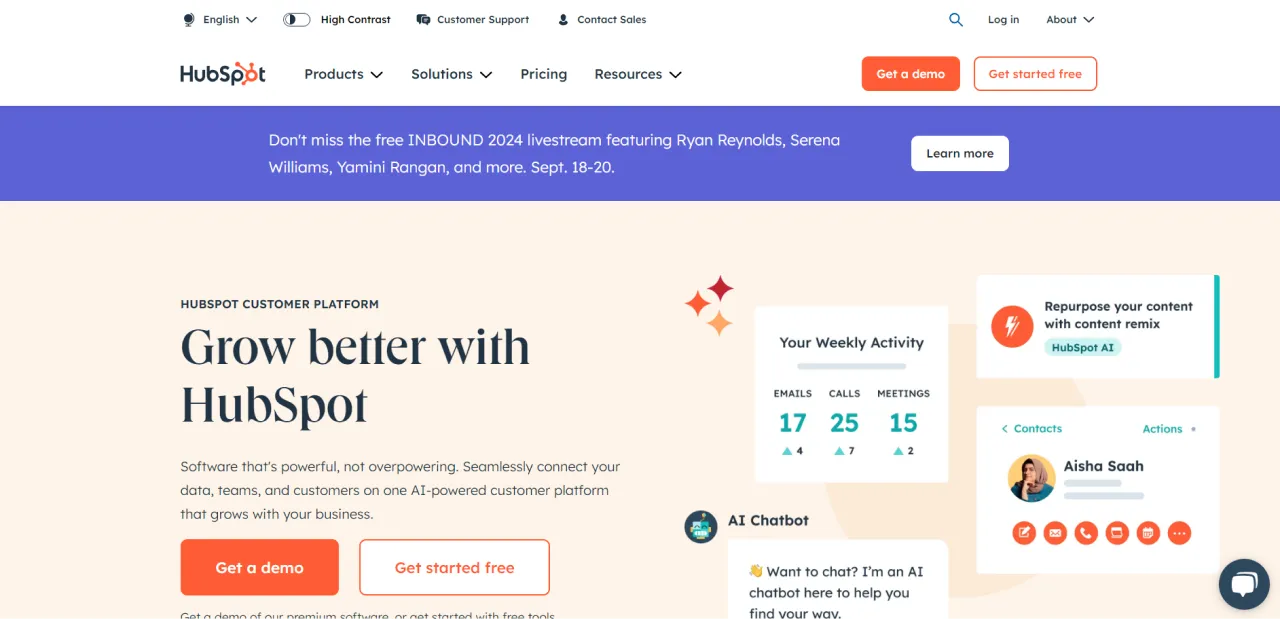
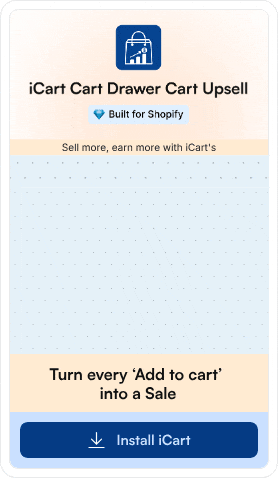
![District Shopify Theme Review: Pros, Cons, & Features [2026] District Shopify Theme Review: Pros, Cons, & Features [2026]](https://www.identixweb.com/wp-content/uploads/2025/12/25-12-Thu-Blog-District-Shopify-Theme-Review-Pros-Cons-Rating.webp)
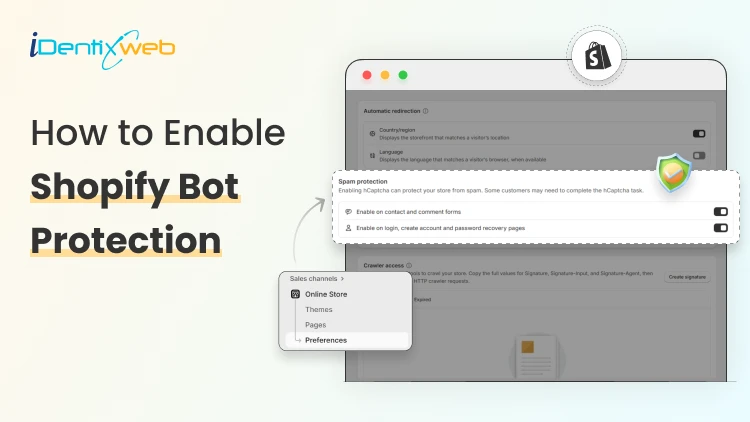


About the author
Bhavesha Ghatode
Explore Content with Bhavesha, a passionate and dedicated technical content writer with a keen understanding of e-commerce trends. She is committed to sharing valuable insights, practical assets, and the latest trends that can help businesses thrive in a competitive environment.